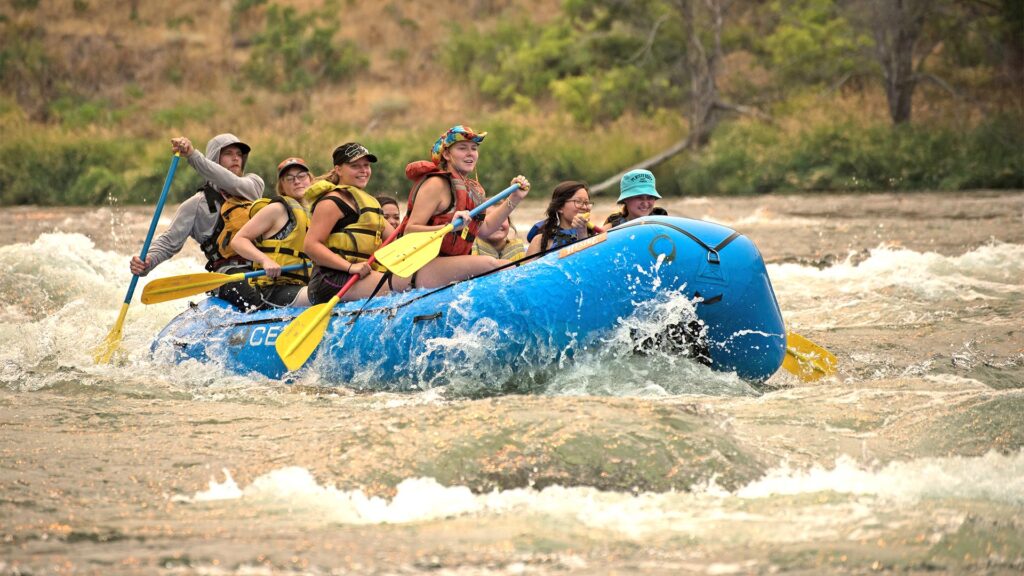
Experiential Learning and Recreation
Recreation is for much more than fun.
As a part of our multi-faceted therapeutic approach, experiential learning, recreation, and wellness play a big role. The Academy of Sisters is located in one of the best outdoor recreation destinations in the country, which offers endless recreational opportunities for students and visiting families. The beautiful high desert town of Bend, Oregon lends itself to a variety of world class outdoor recreational opportunities, festivals, and events which the girls participate in year-round.
Outdoor activities can provide experiential learning activities that help girls learn about themselves. The benefits to recreation range from the well-known to the less obvious. Outdoor activity provides a stress relief and exercise is good for the body, mind, and emotions. Overall physical health is improved through better strength and a boosted immune system. Youth develop problem solving and cognitive skills through recreation and sports.
Several studies have shown how mental health is also improved through recreation. It’s known to reduce depression, relieve stress, and improve self-esteem.
The President’s Council on Physical Fitness and Sports tells us:
Across these five meta-analytic reviews, the results consistently show that both acute and chronic exercise are related to a significant reduction in depression. (*1,2)
This is particularly evident in the case of a reduction of anxiety and depression. For these topics, there is now considerable evidence derived from over hundreds of studies with thousands of subjects to support the claim that “exercise is related to a relief in symptoms of depression and anxiety.” (*1)
Athletic participation reduces some high-risk behaviors in adolescent females, particularly suicide. (*3)
Sports can be a great avenue toward developing mature reasoning skills that include more assertion and less aggression, and more compliance with rules and fair play. (*3)
Physical activities provide a wonderful opportunity for girls to test their problem solving abilities, learn new skills, and find ways to account for successes and failures. They provide a fundamental source of opportunities to challenge one’s self, take risks and develop skills that may lead to higher self-esteem. (*3)
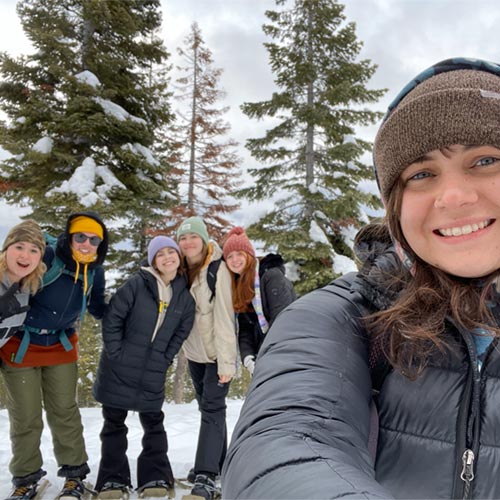
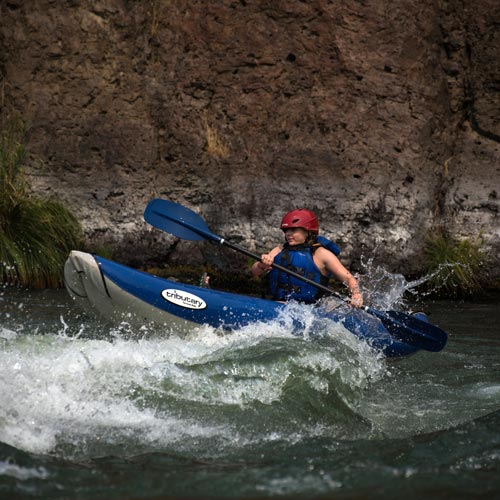
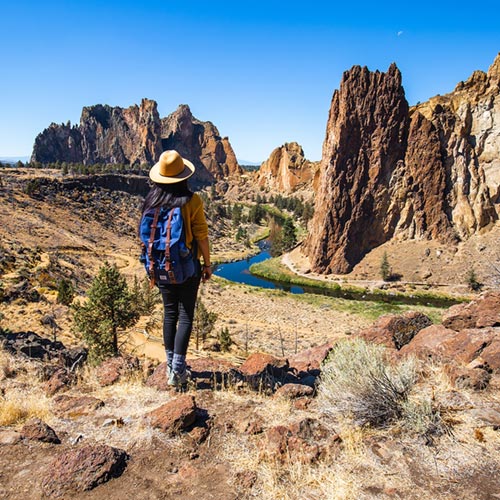
Did you know?
In the corporate world, group recreation experiences, particularly those which put participants outside their comfort zone, have long been used as teambuilding tools. Bringing people together to face challenges like rafting and rock climbing release oxytocin in the body, a neurotransmitter that is sometimes called the “love hormone” because it opens up pathways to creating bonds and trust.
Engaging in these activities together makes the group as a whole more cohesive and develops a feeling of connectedness between each other and with the staff. This trust and bond carries into the lives of the girls living and facing their challenges together, and helps to create an environment where girls feel safe during the hard work of self-examination and discovery.
Off-campus activities include:
- Skiing and snowboarding
- Rock climbing
- Whitewater rafting
- Canoeing
- Spelunking
- Mountain biking
- Camping
- Hiking
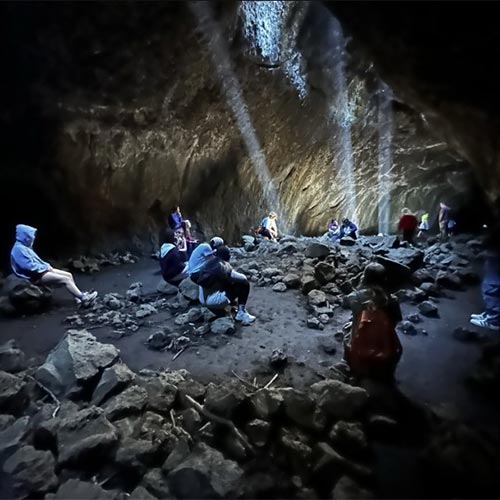
On-campus activities include:
- Horseback riding
- Equine care
- Soccer
- Running and jogging
- Basketball
- Yoga and pilates
- Organic gardening
- Dance, music, art, and drama
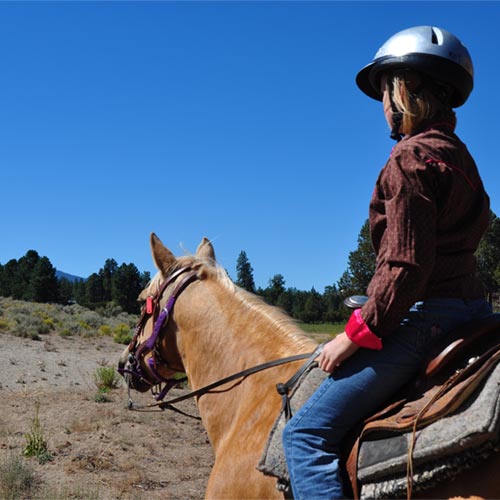
*Quote Sources:
- Landers, D.M. (1997) The influence of exercise on mental health. Research Digest, 2(12). https://befitfirst.com/documents/etude-sport.pdf
- Landers – full excerpt: During the 1990s there have been at least five meta-analytic reviews (Craft, 1997; Calfas & Taylor, 1994; Kugler et al., 1994; McDonald & Hodgdon, 1991; North, McCullagh, & Tran, 1990) that have examined studies ranging from as few as nine (Calfas & Taylor, 1994) to as many as 80 (North et al., 1990). Across these five meta-analytic reviews, the results consistently show that both acute and chronic exercise are related to a significant reduction in depression.
- President’s Council on Physical Fitness and Sport (PCPFS). (1997) Physical activity and sport in the lives of girls: Physical and mental health dimensions from an interdisciplinary approach. Washington, DC https://conservancy.umn.edu/handle/11299/172014
